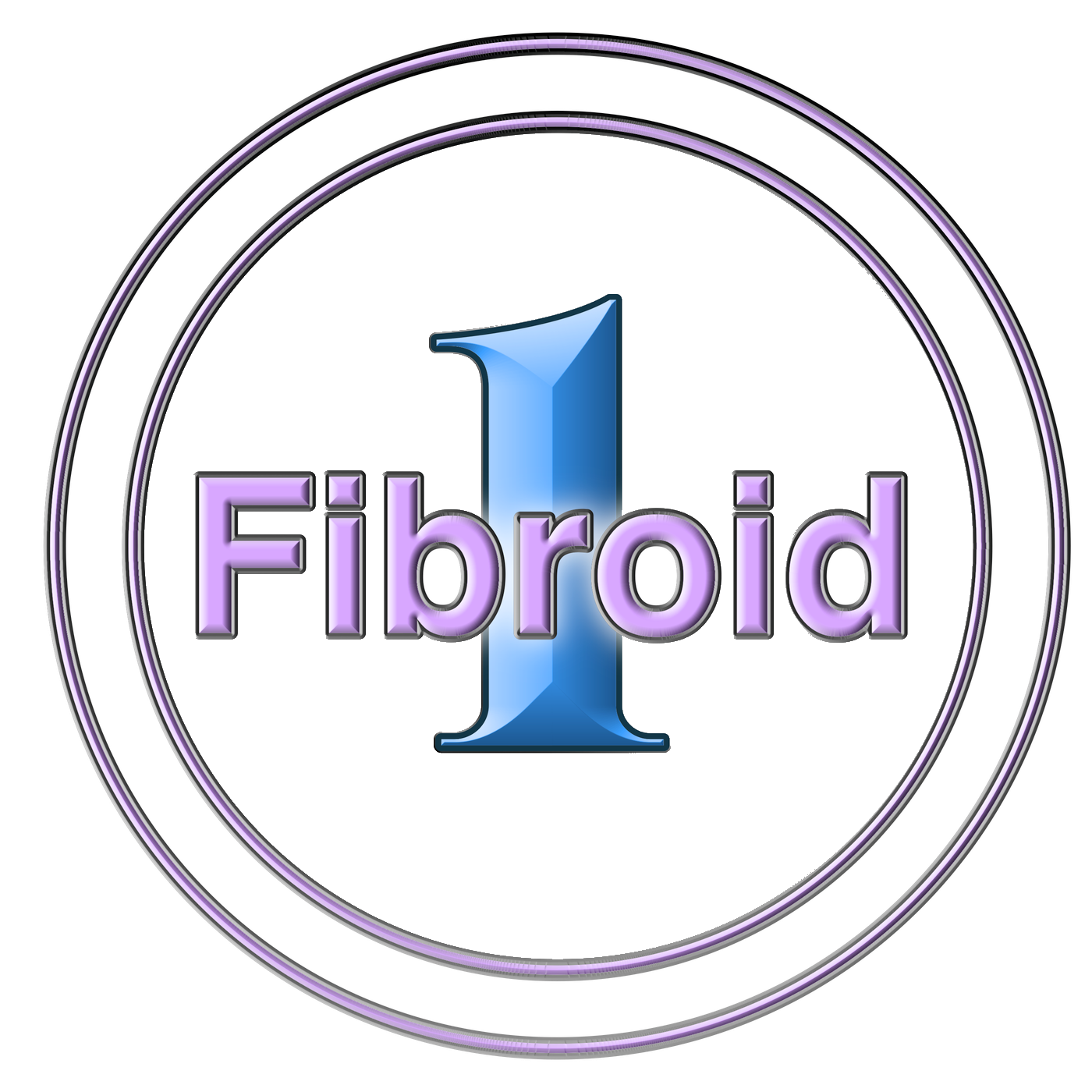Uterine fibroids are common benign tumors that form in or on the muscle walls of the uterus. While most women know about the more common symptoms of uterine fibroids- like heavy menstrual bleeding, pelvic pain, and frequent urination- there are many lesser known symptoms that can also indicate their presence. In this blog post, we will discuss five lesser known symptoms of uterine fibroids. By knowing these symptoms, you can better advocate for your own health and get the treatment you need.
Anemia:

One symptom of uterine fibroids that is often overlooked is anemia. Anemia occurs when there is a decrease in the number of red blood cells in the body. Red blood cells are responsible for carrying oxygen throughout the body. Uterine fibroids can cause anemia by causing irregular muscle contractions in the uterus during the menstrual cycle. This results in excess bleeding, which depletes the body of hemoglobin, an iron-rich protein found in red blood cells. When there is a decrease in the number of red blood cells, it can cause a number of symptoms including fatigue, weakness, and shortness of breath. If you are experiencing any of these symptoms, be sure to mention it to your doctor. Anemia can easily be diagnosed through a simple blood test.
Constipation:
Another symptom of uterine fibroids that is often overlooked is constipation. Constipation occurs when the movement of the bowels is slowed or halted, and can cause abdominal pain, bloating, and difficulty passing stool. Uterine fibroids can cause constipation in a few ways. One way is by pressing on the intestines and causing blockages. Another way is by increasing the production of estrogen, which can slow down the movement of the bowels. Occasional constipation is considered normal, however constipation that lasts more than a few days or that continues to come back, can indicate an issue.
Enlarged Abdomen:
An enlarged abdomen is another symptom of uterine fibroids that is often overlooked. An enlarged abdomen can be caused by the presence of one or more large fibroids, and can cause abdominal pain, pressure, and discomfort. Bloating can also cause the abdomen to look enlarged, and it can also be a sign of fibroids. While bloating can naturally happen from time to time depending on diet, if you are experiencing an enlarged abdomen that doesn’t go away, be sure to mention it to your doctor. In rare cases, an enlarged abdomen can eventually cause kidney failure or breathing problems when it is not addressed and the fibroids continue to grow.
Pain During Sexual Intercourse:

Pain during sexual intercourse is another symptom of uterine fibroids that is often overlooked. This pain can be caused by the presence of one or more large fibroids, and can cause discomfort and pain during sex. Fibroids near the vagina or within the vaginal wall can also lead to pain during sex. It is important to note that it is not normal to regularly experience pain during sex, so this is definitely something that you will want to mention to your doctor if you are experiencing it. Although fibroids are one reason for experiencing pain during sex, there are various other things can contribute to painful intercourse. Your doctor can help you identify the cause so that it can be treated.
Pain in the Back of the Legs:
Pain in the back of the legs is a rare symptom of fibroids that can easily be missed. This pain can be caused by the presence of one or more large fibroids, and can cause discomfort and pain in the back, pelvis, and legs. The exact location and severity of pain is directly affected by the location and size of the fibroid. For example, a large fibroid within the uterus can cause pain within the pelvis, whereas a fibroid on the back of the uterus can cause pain that starts in the back and radiates down the legs. On its own, this symptom can indicate a back problem, however when combined with other fibroid symptoms, it can indicate the presence of one or more uterine fibroids.
If you are experiencing any of these symptoms, be sure to mention them to your doctor. Uterine fibroids are common, and most women will experience at least one symptom of them at some point in their lives. However, if you are experiencing multiple symptoms, or if your symptoms are severe, be sure to seek medical attention as soon as possible. Early diagnosis and treatment of uterine fibroids can help to prevent complications and restore your quality of life. Thanks for reading!












